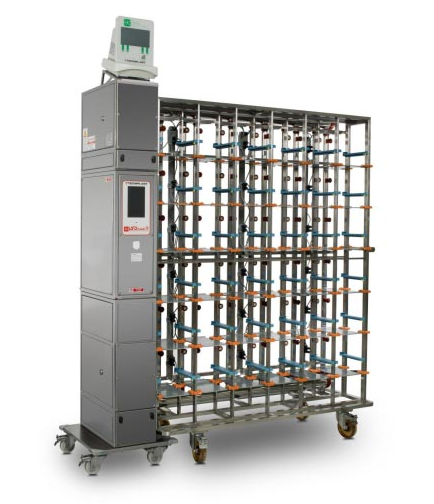Understanding the molecular mechanisms underlying gut-brain interactions has become one of the central topics in the neuroscience field. In fact, recent studies suggest that neurodegenerative and psychiatric diseases might stem from alteration of the very delicate equilibrium of microbial flora that through, partially understood mechanisms, might lead to disease onset of Parkinson/Alzheimer, just to name a few.
To elucidate those mechanisms, several research groups started to use models especially mice that are deprived of their own microbiome through various techniques (irradiation, antibiotic treatment) and considered gnotobiotic mice. Their microbiome is in turn replaced with patients-derived microbiome to study, among others, behavioral alterations as well as changes in physiology and molecular pathways.
In fact, a very recent study indicate that microbiome derived from Attention-deficit/hyperactivity disorder (ADHD) patients and implanted in gnotobiotic mice. With the use of an established Home Cage Monitoring System, researchers from Nijmegen University could identify an altered anxiety-like behavior resembling what reported in ADHD patients. Additionally, striking changes at neurocircuitry function with imaging studies were identified.
The use of home cage monitoring together with cages that allow complete isolation of the animals from external microbes, at the cage level, increases dramatically the throughput of such behavioral studies that generally require high animal numbers for a statistically and biologically relevant output/endpoint.
Additionally, reduction in cage change based on objective cage dirtiness (moisture) might to reduce the exposure of those sensitive animals to the external environment.
To learn more about the study, please follow:
https://microbiomejournal.biomedcentral.com/articles/10.1186/s40168-020-00816-x
Recent Articles
- Gnotobiotic facilities: writing inside isolators 4 April 2022
- Germ-free cage sterilization 24 January 2022
- Microbiota and its importance in aging 25 October 2021
- Procedural diversity and technical choices working with gnotobiotic mice in IVCs. (part 2) 27 September 2021
- Procedural diversity and technical choices working with gnotobiotic mice in IVCs. (part 1) 30 August 2021
DVC – Digital Ventilated Cage for digital vivarium

The DVC® is capable to provide novel insights and enhance animal welfare checks thanks to the automatic data collection directly from the cage level. Specifically designed DVC® board enables different benefits for the researchers and vivarium people.


